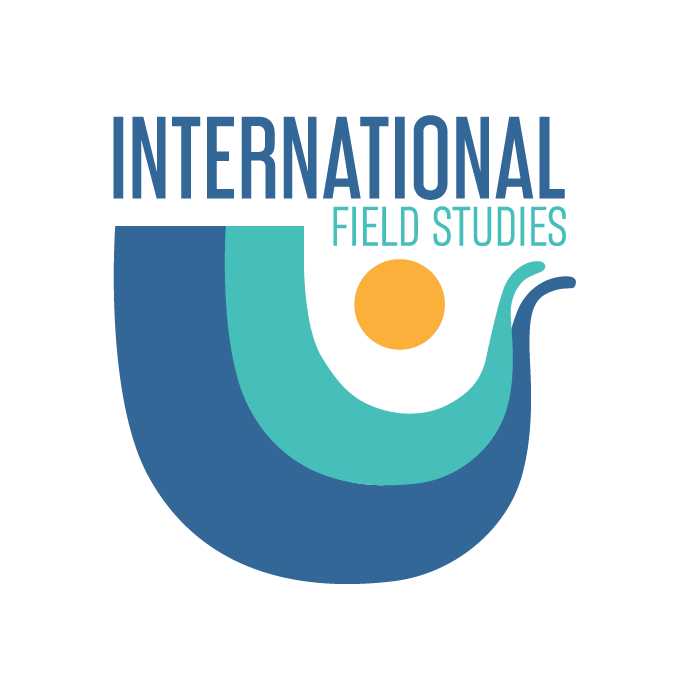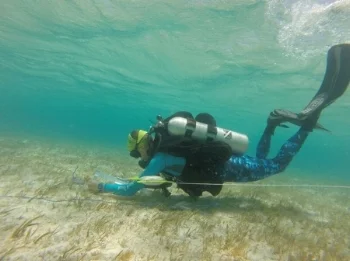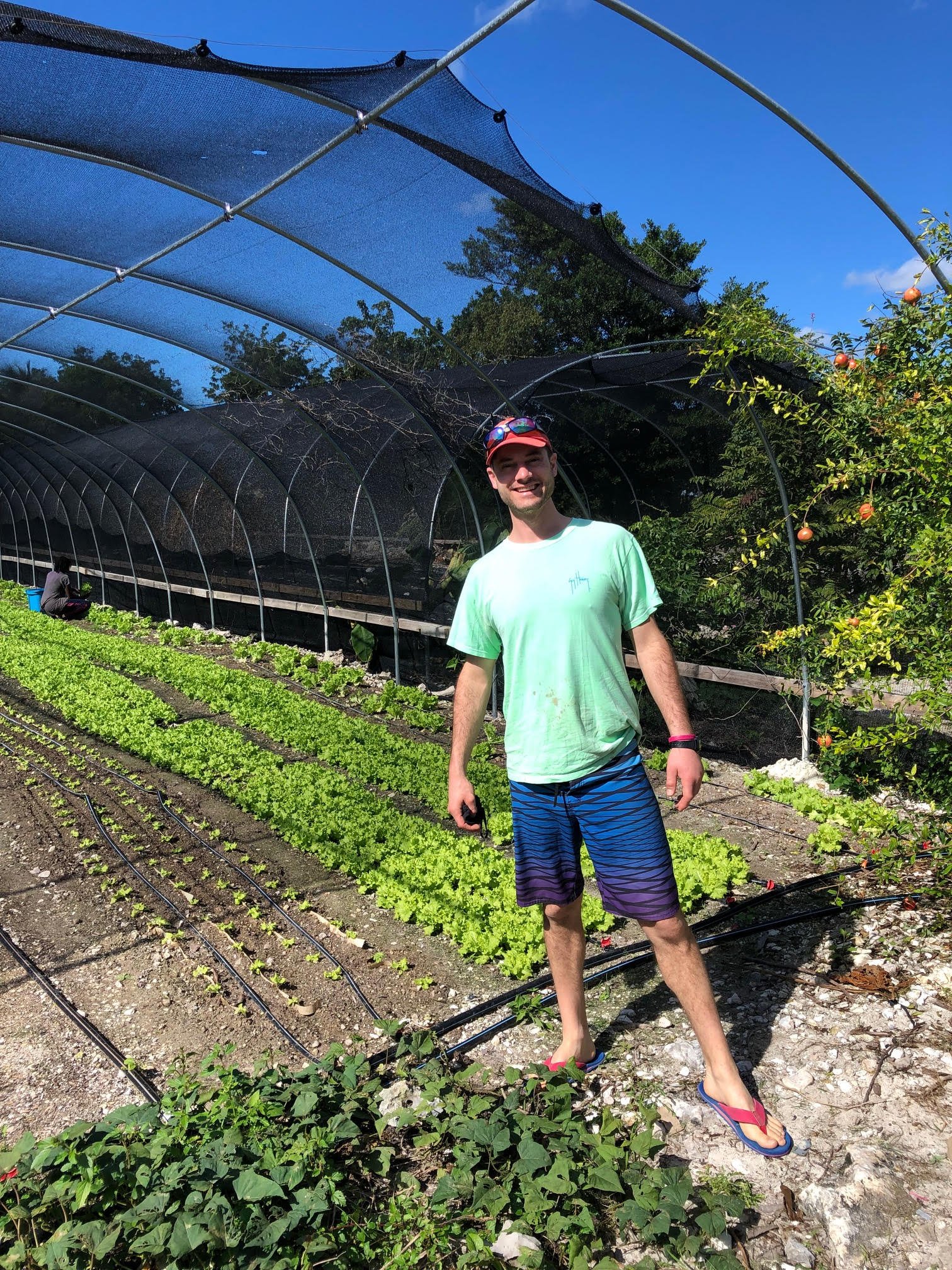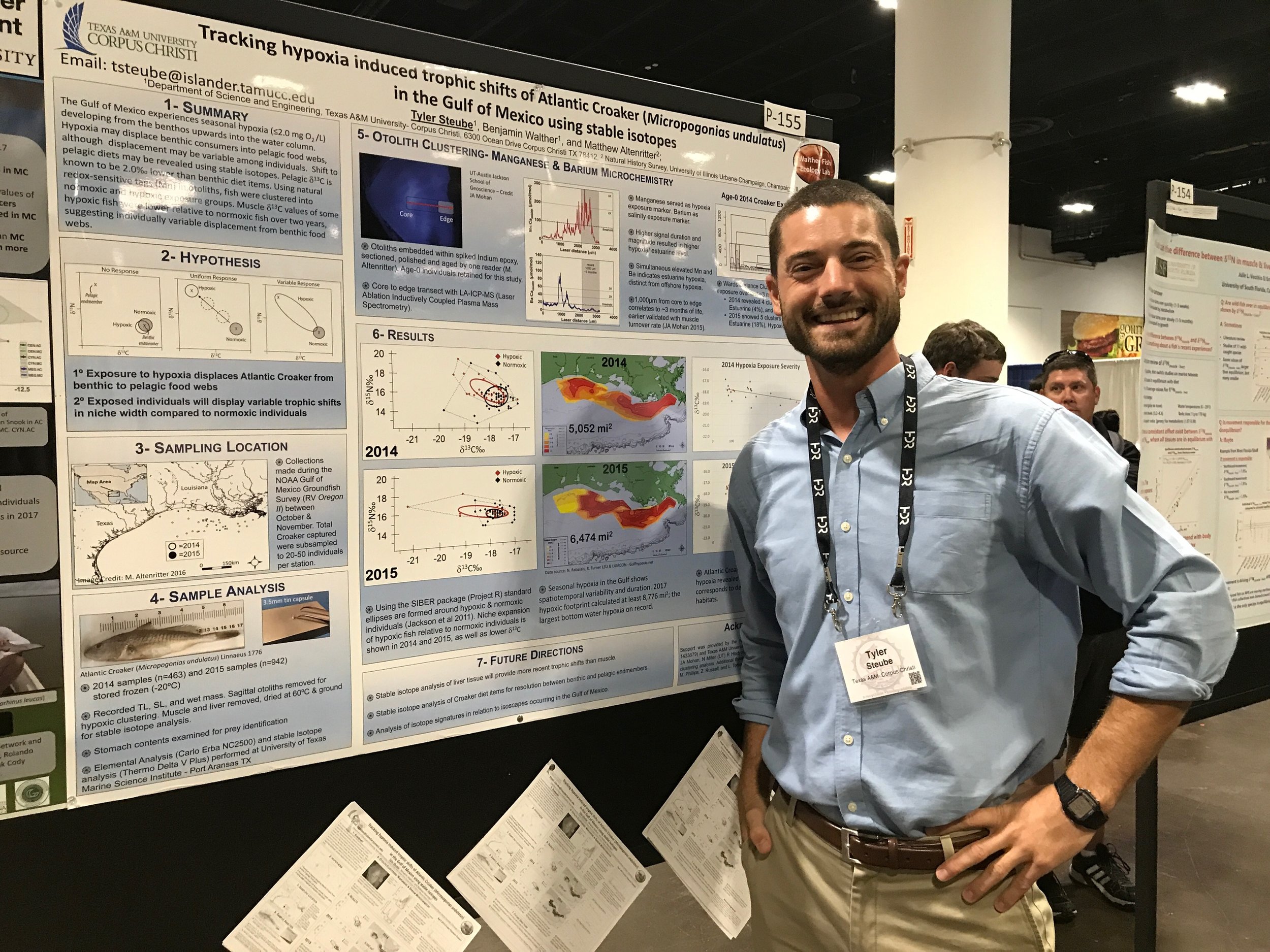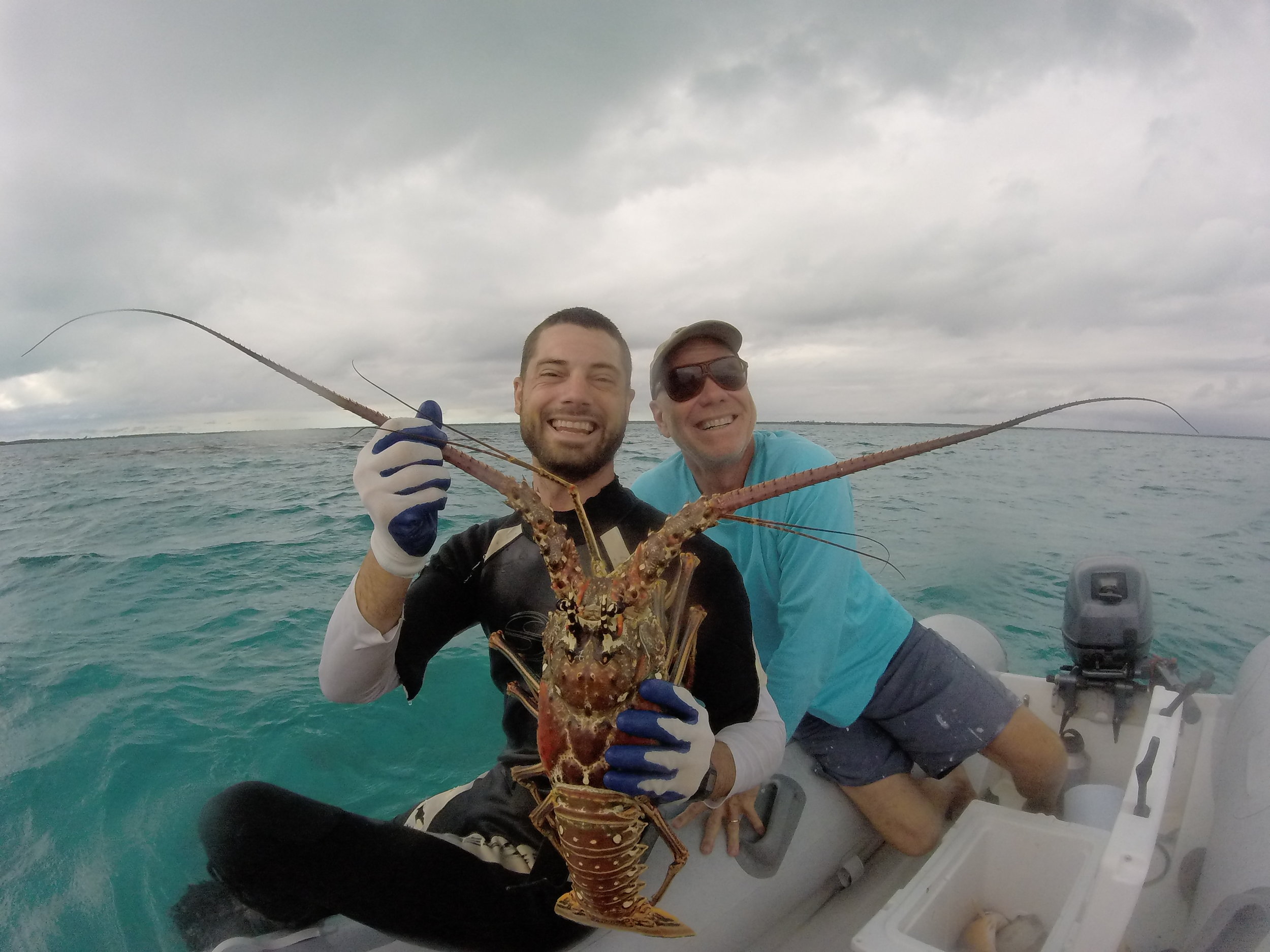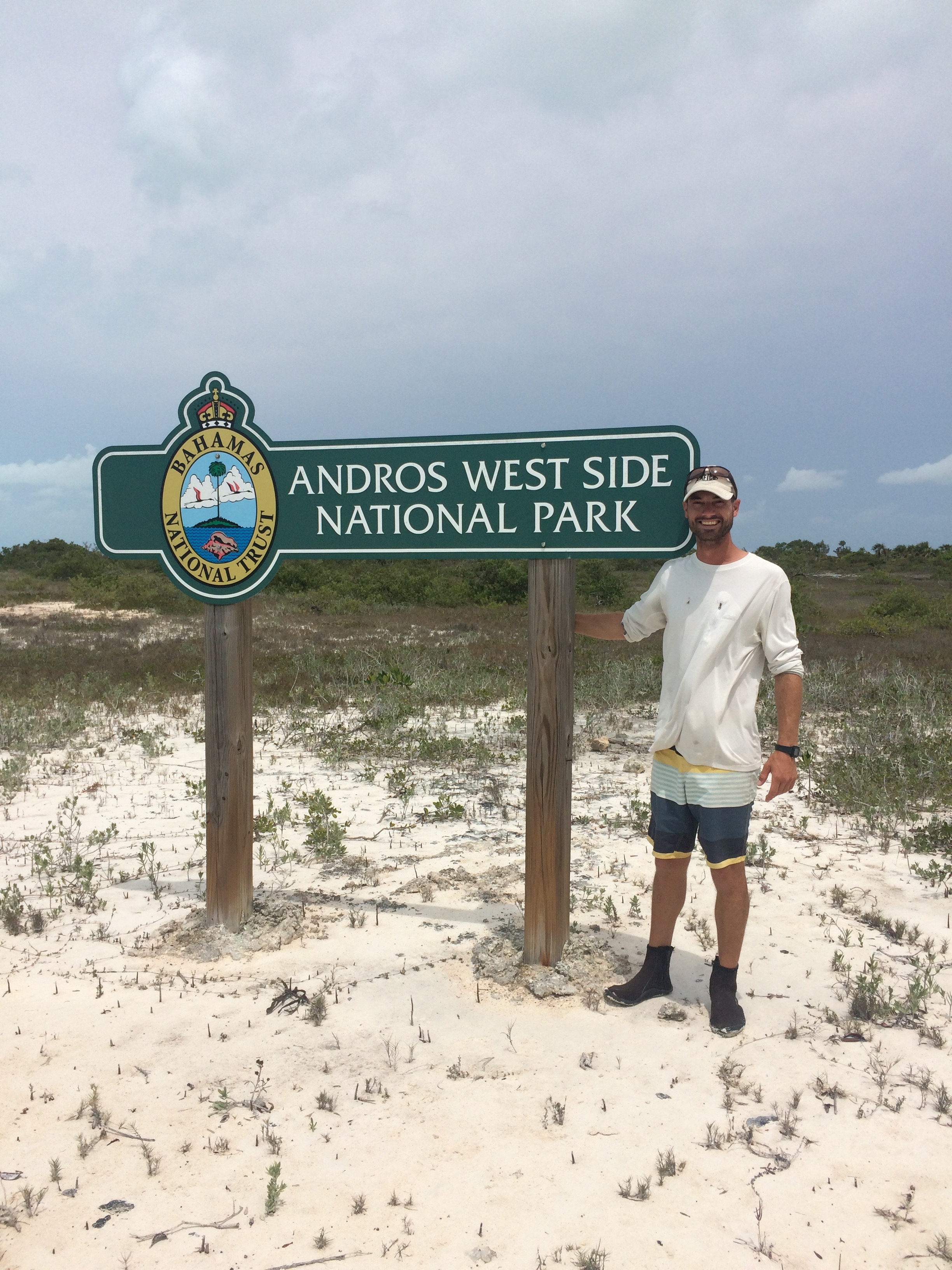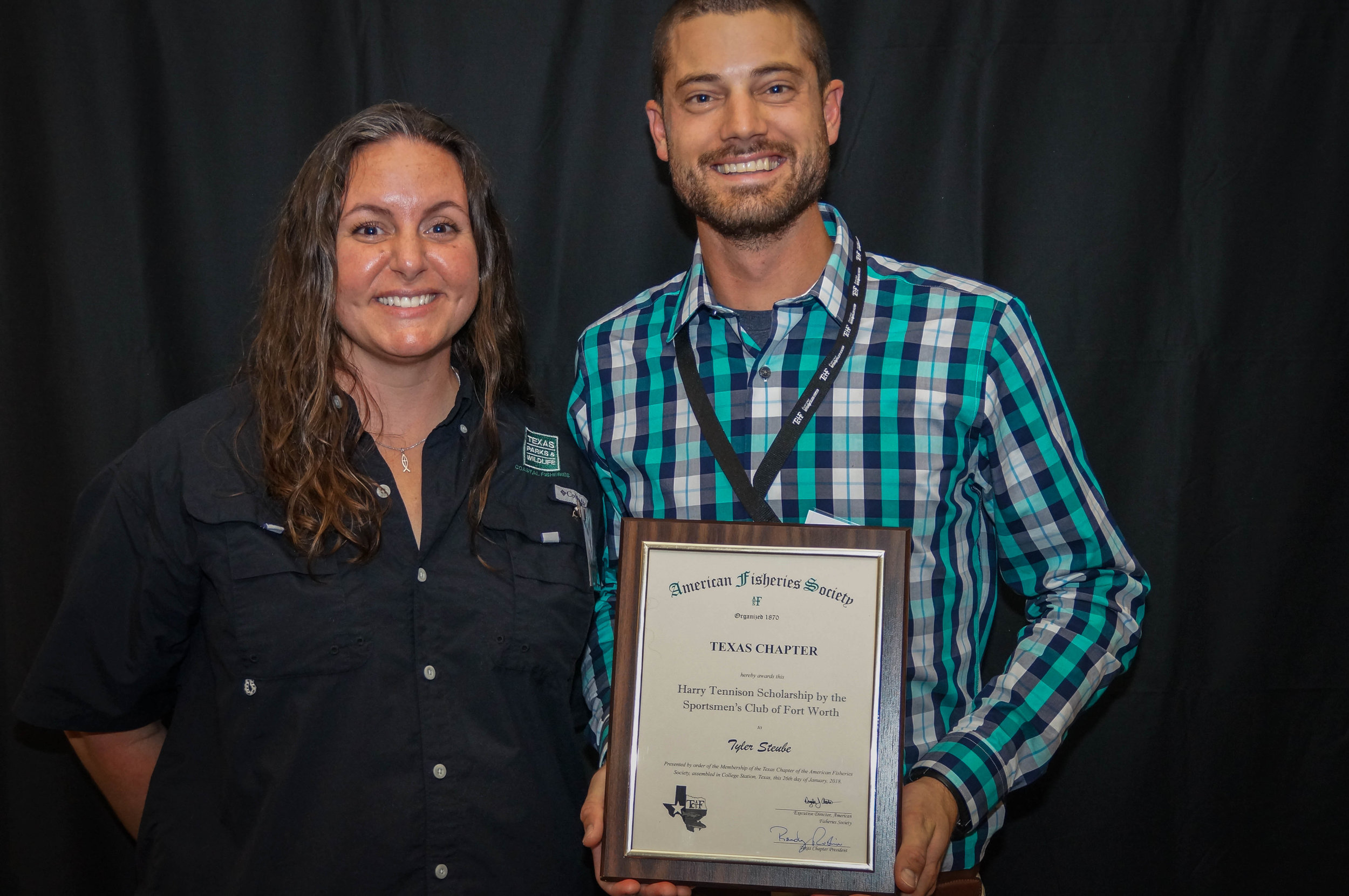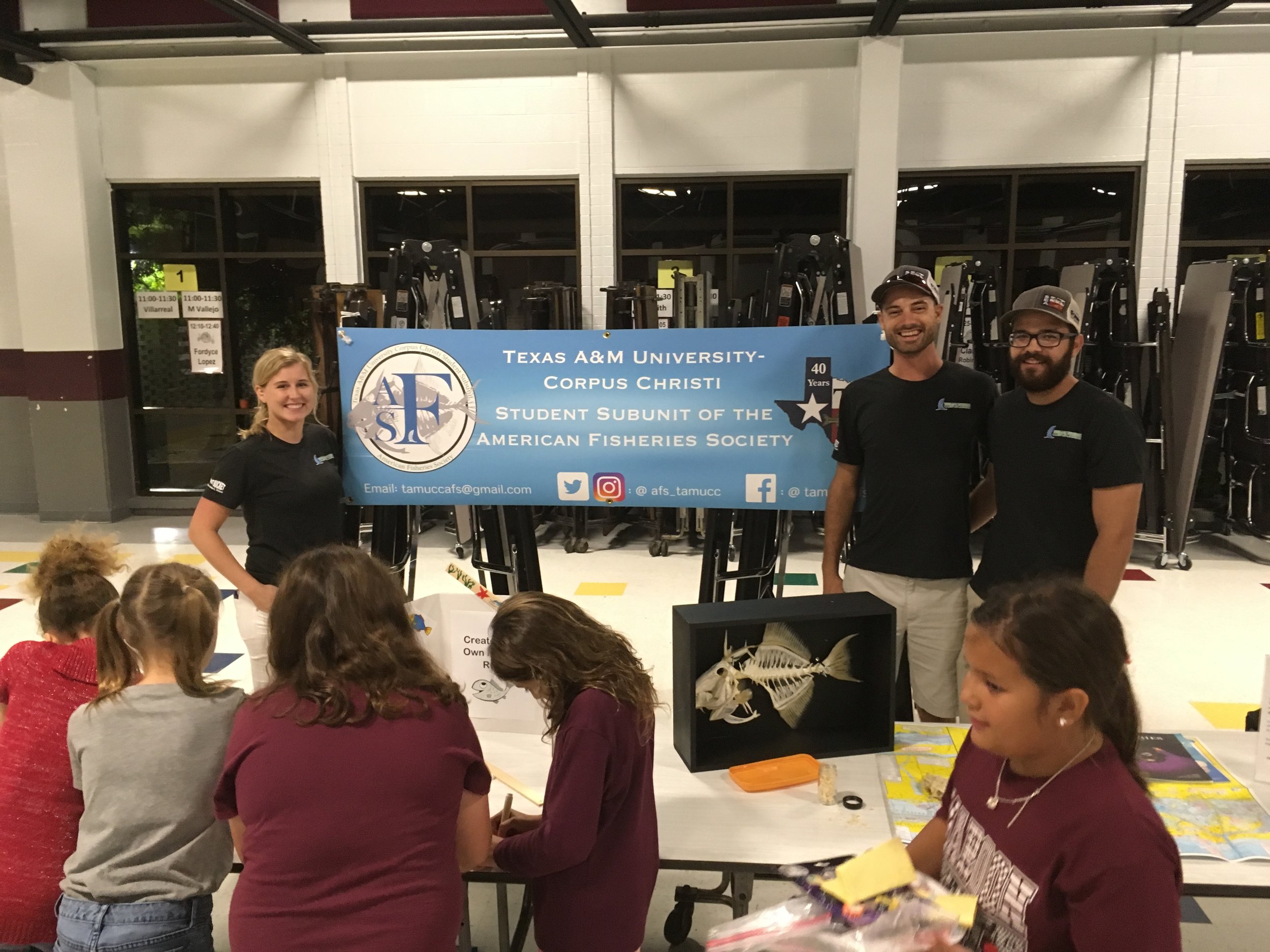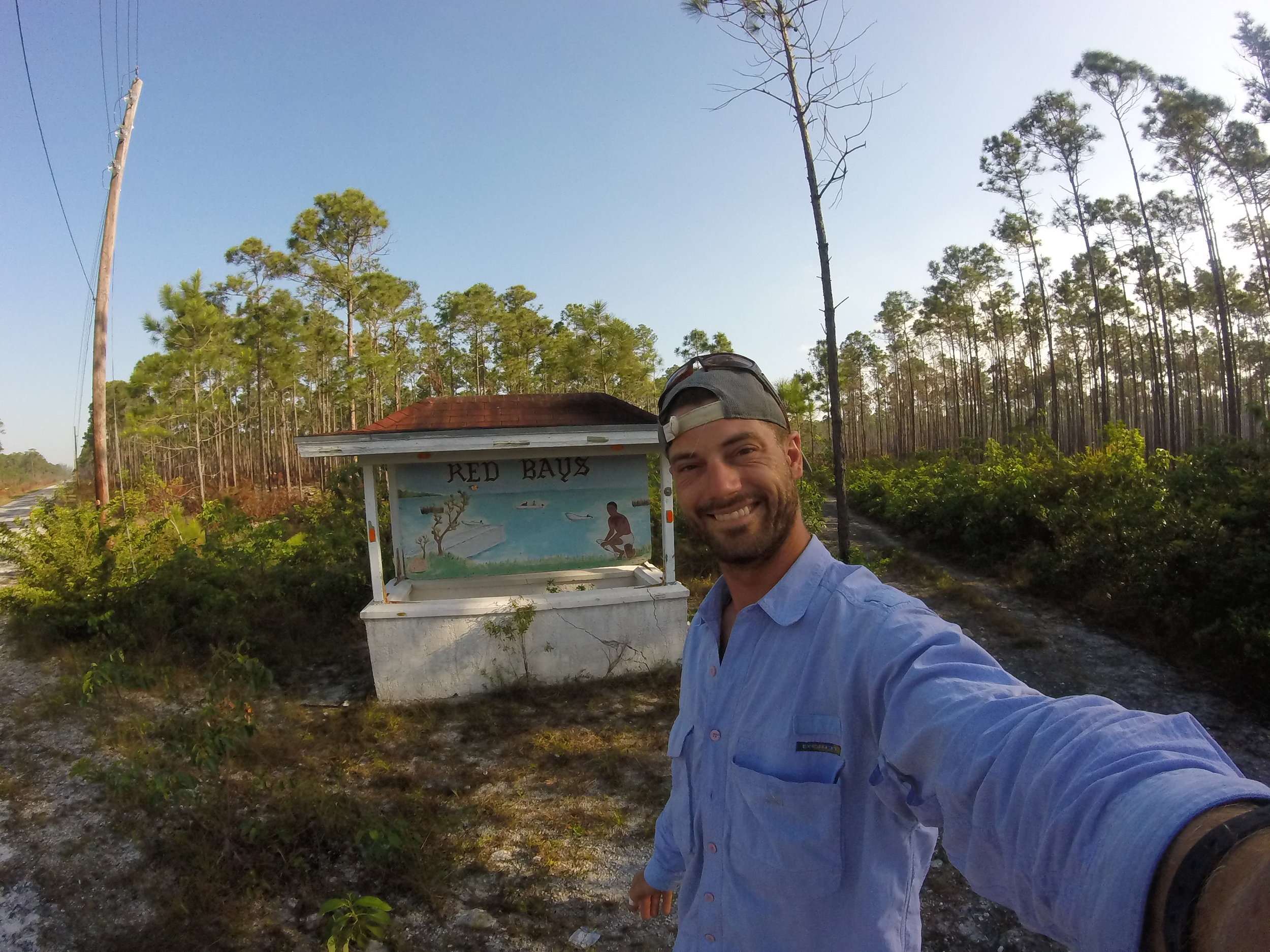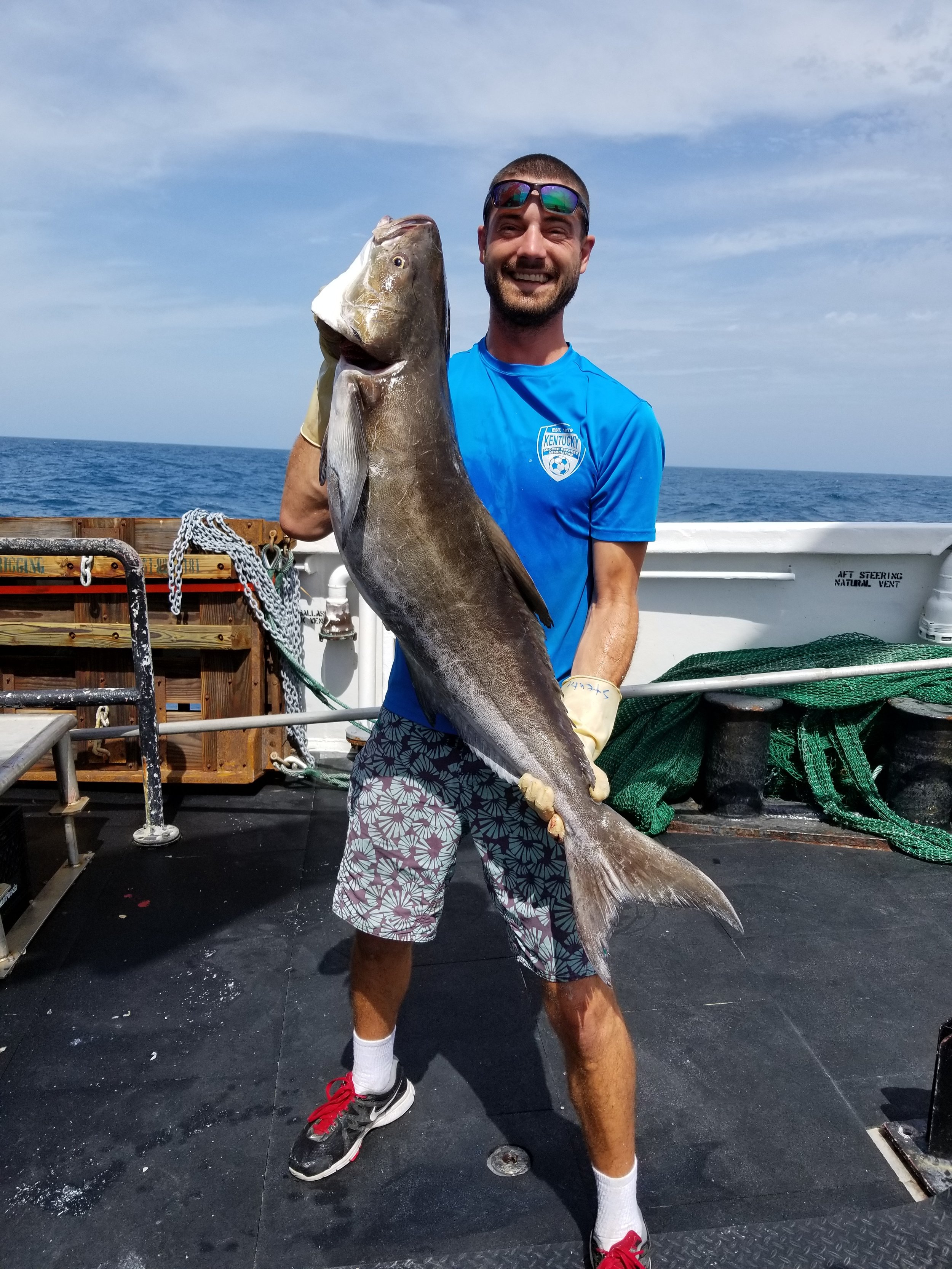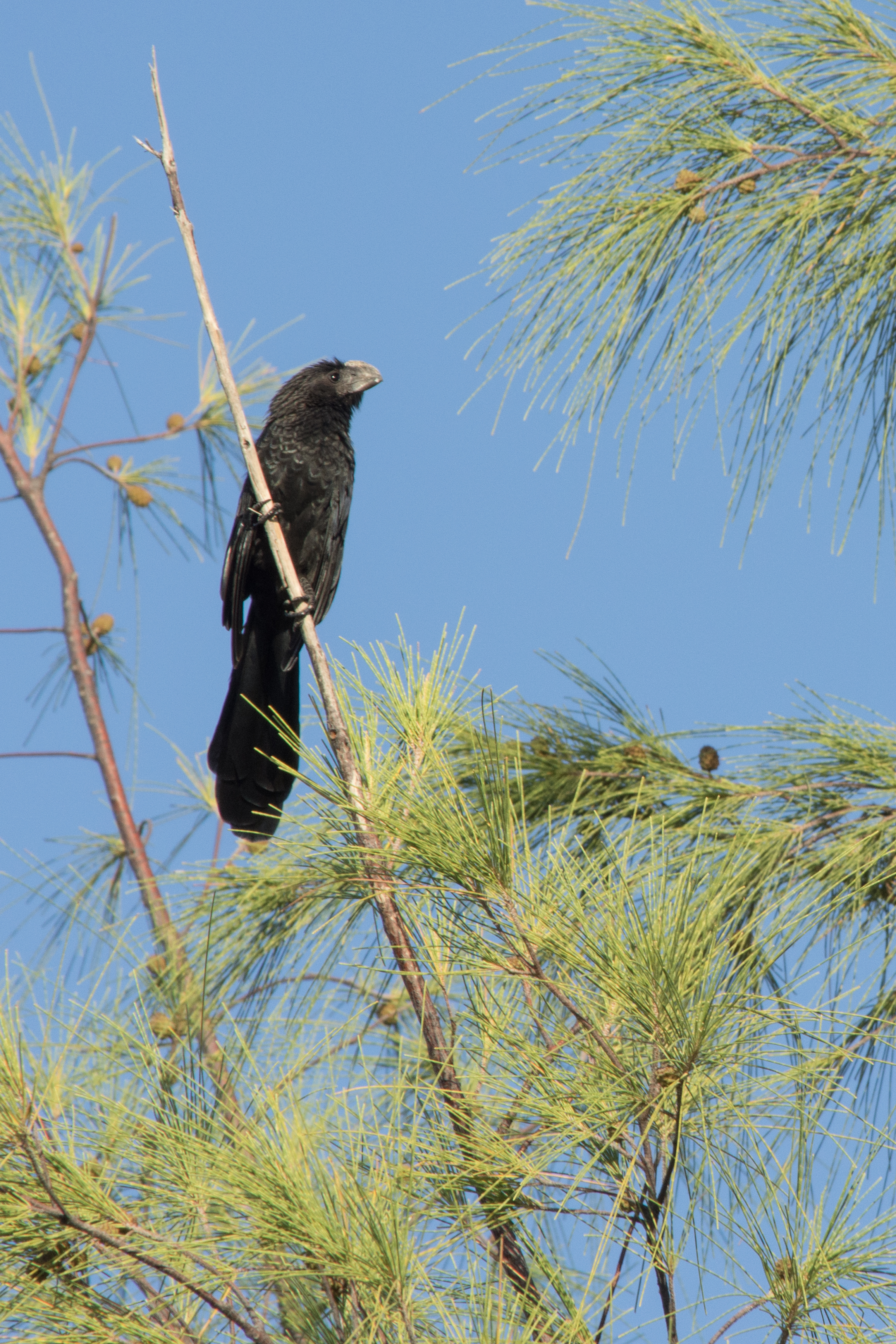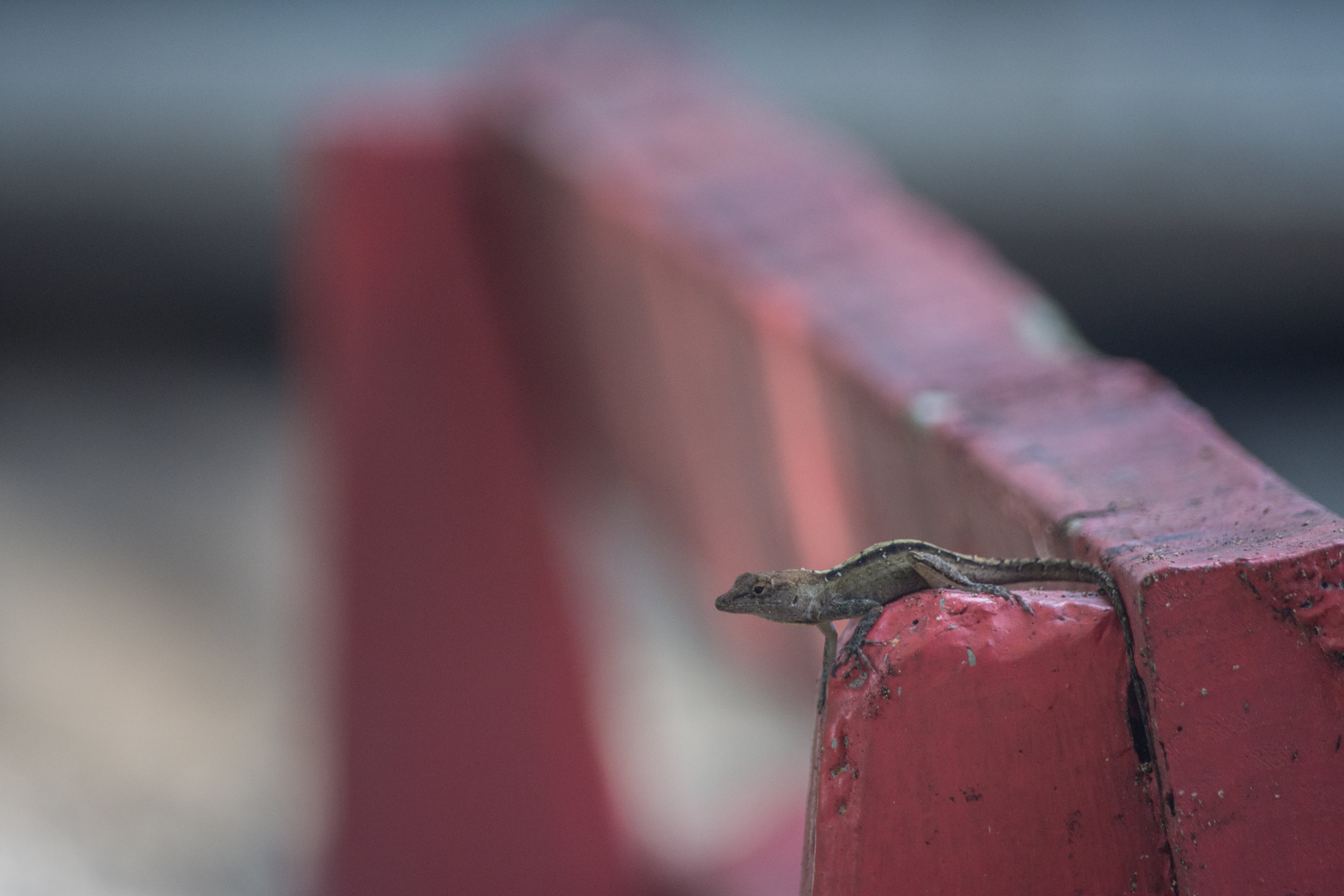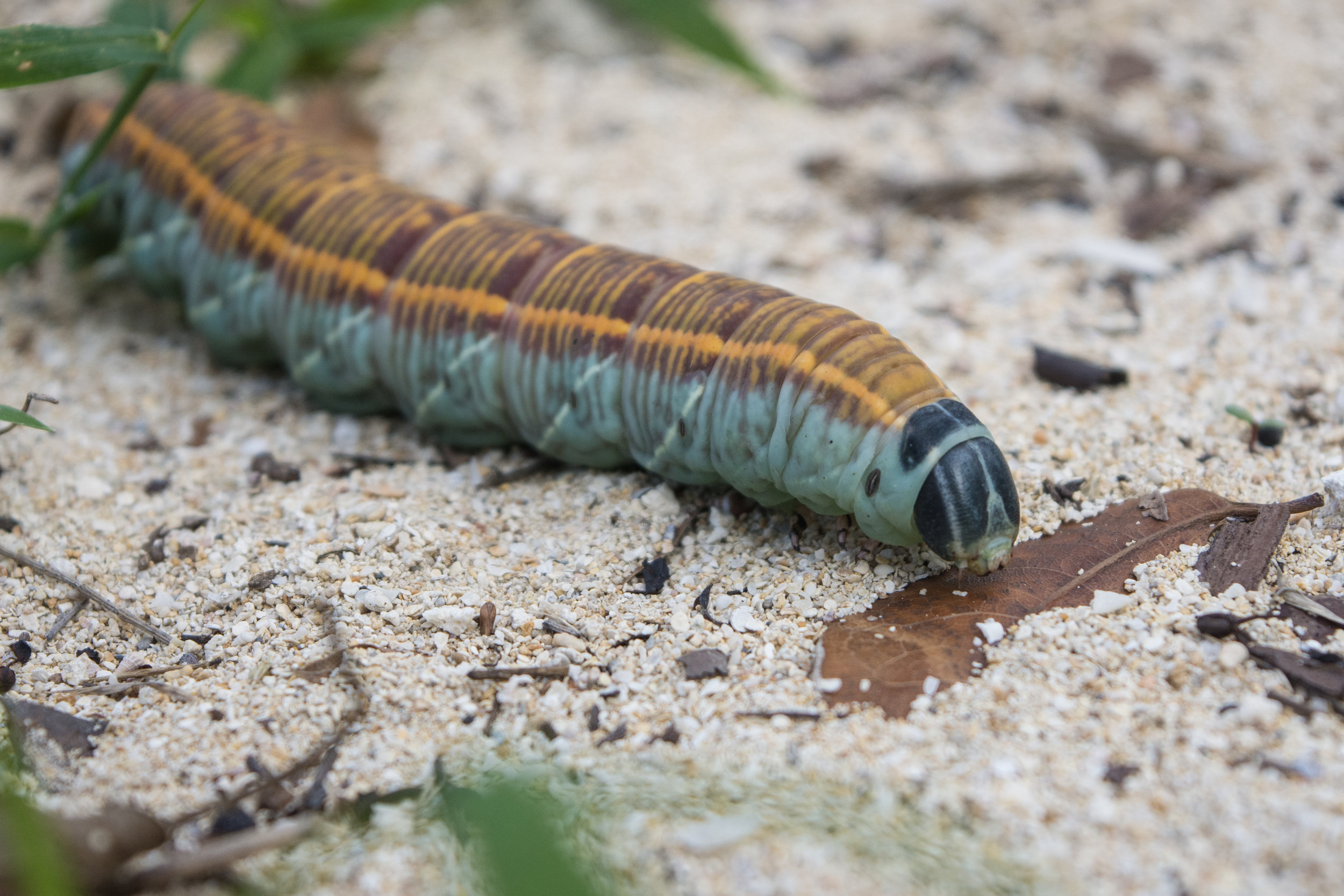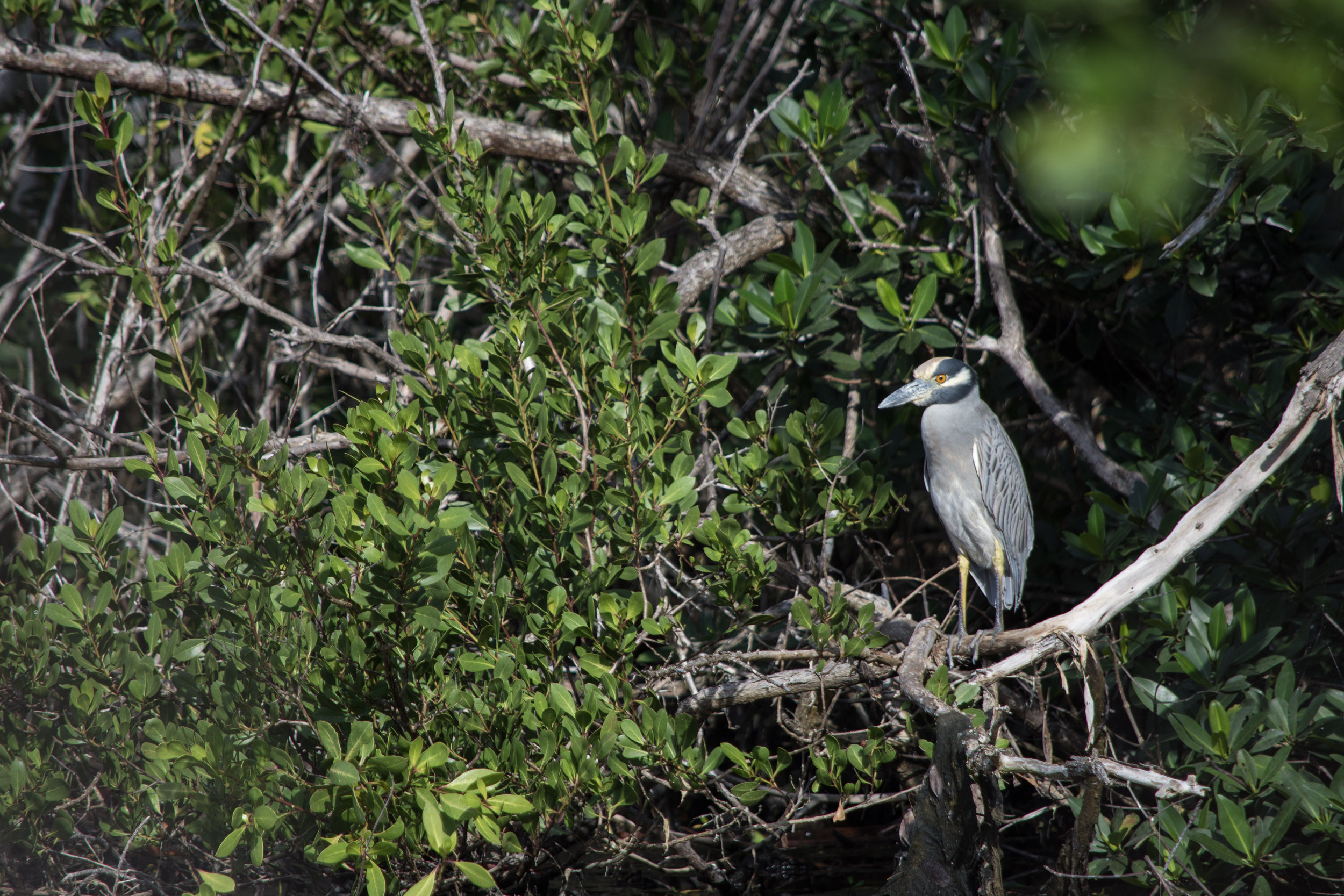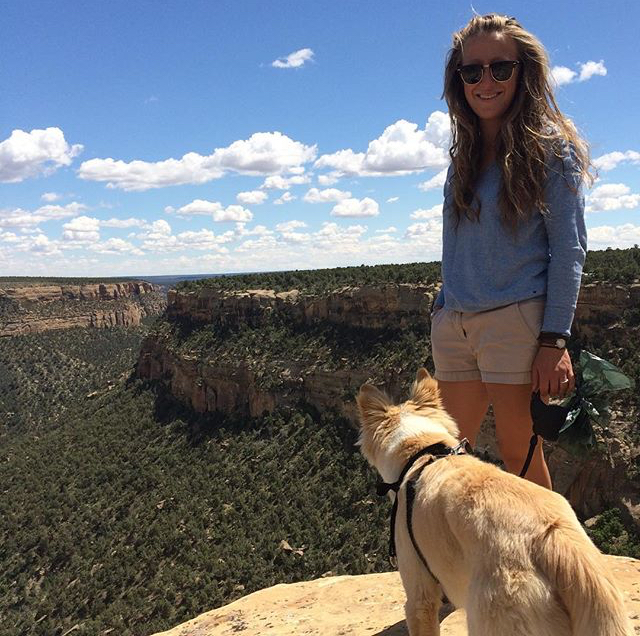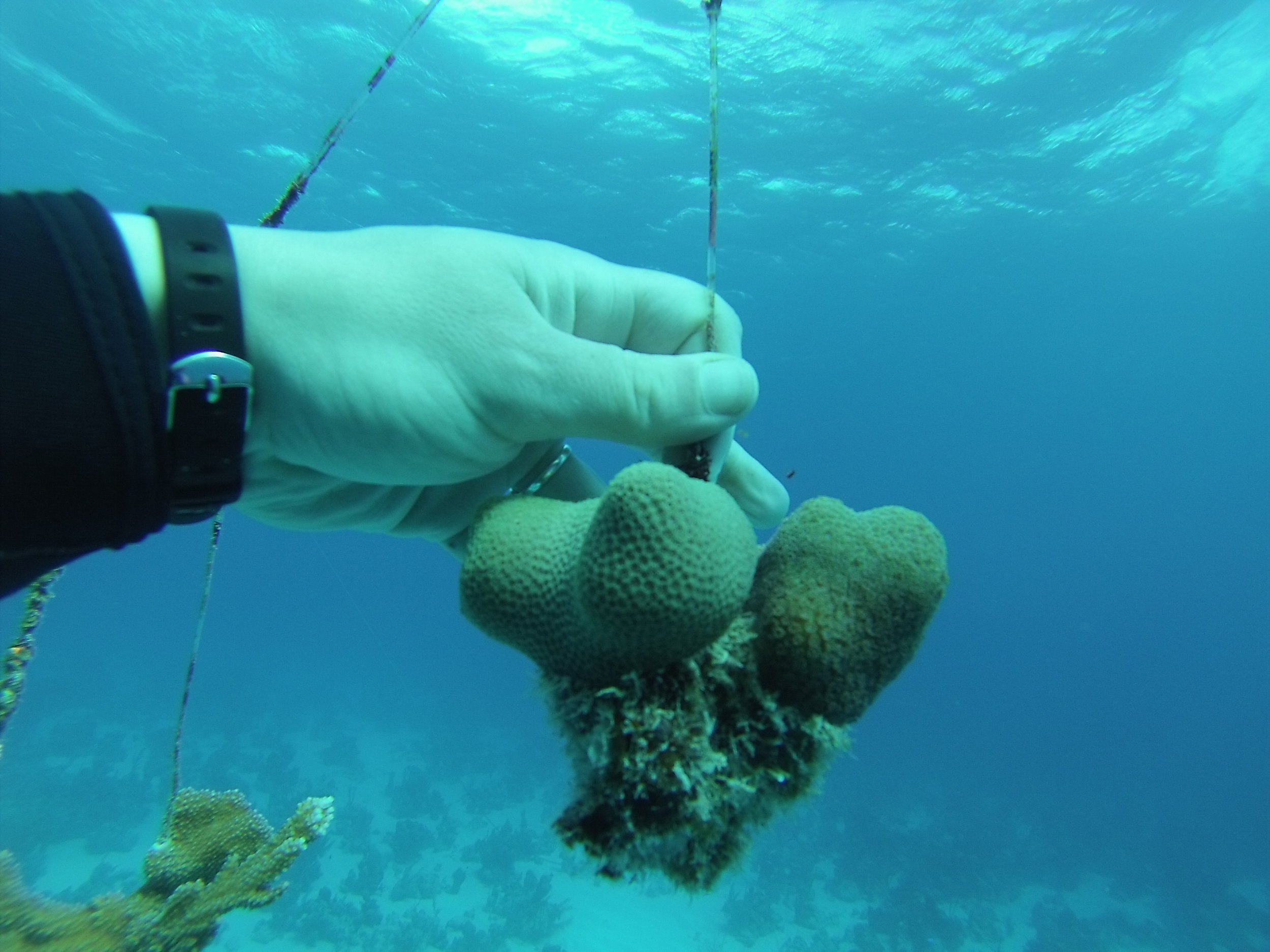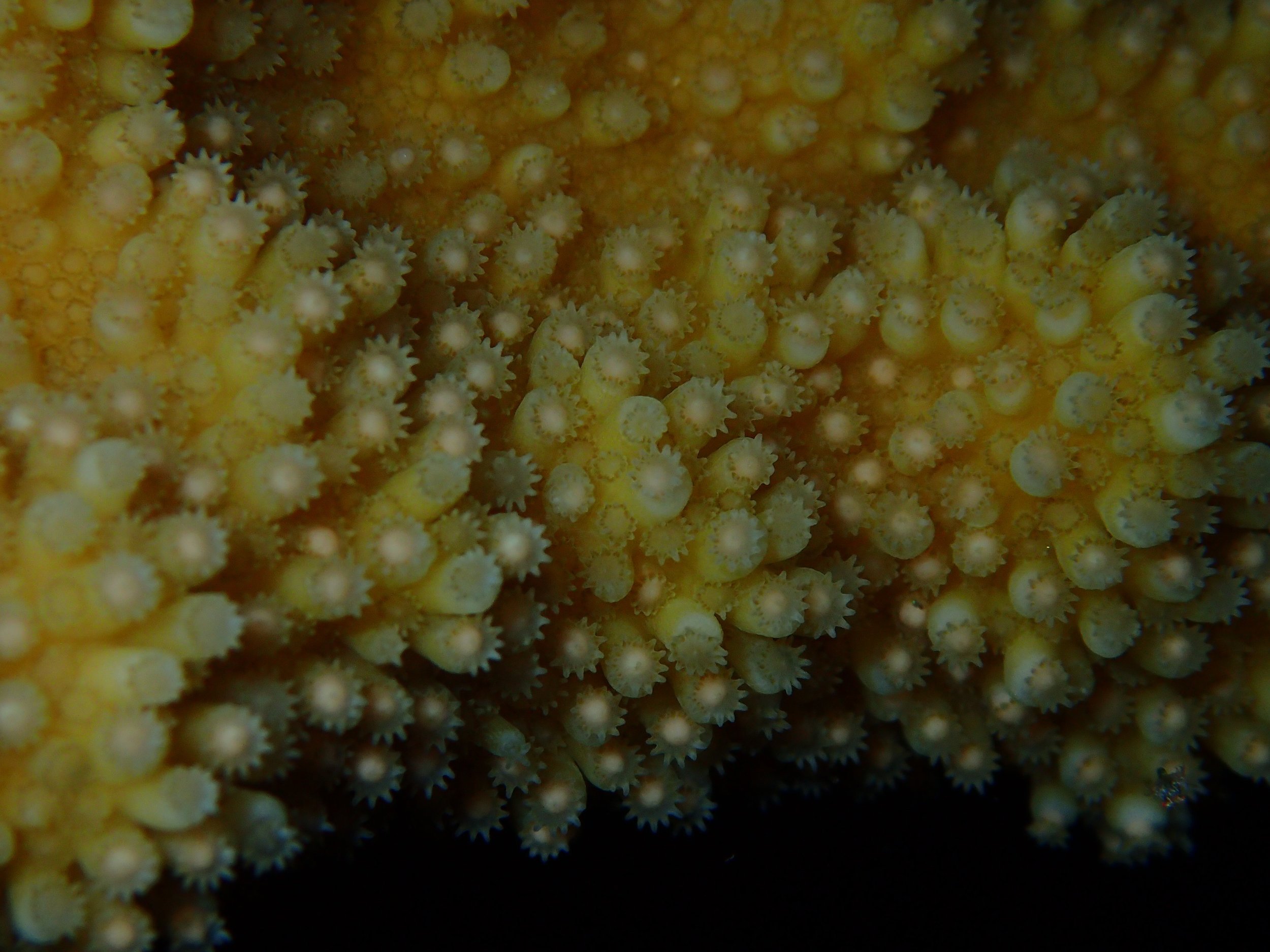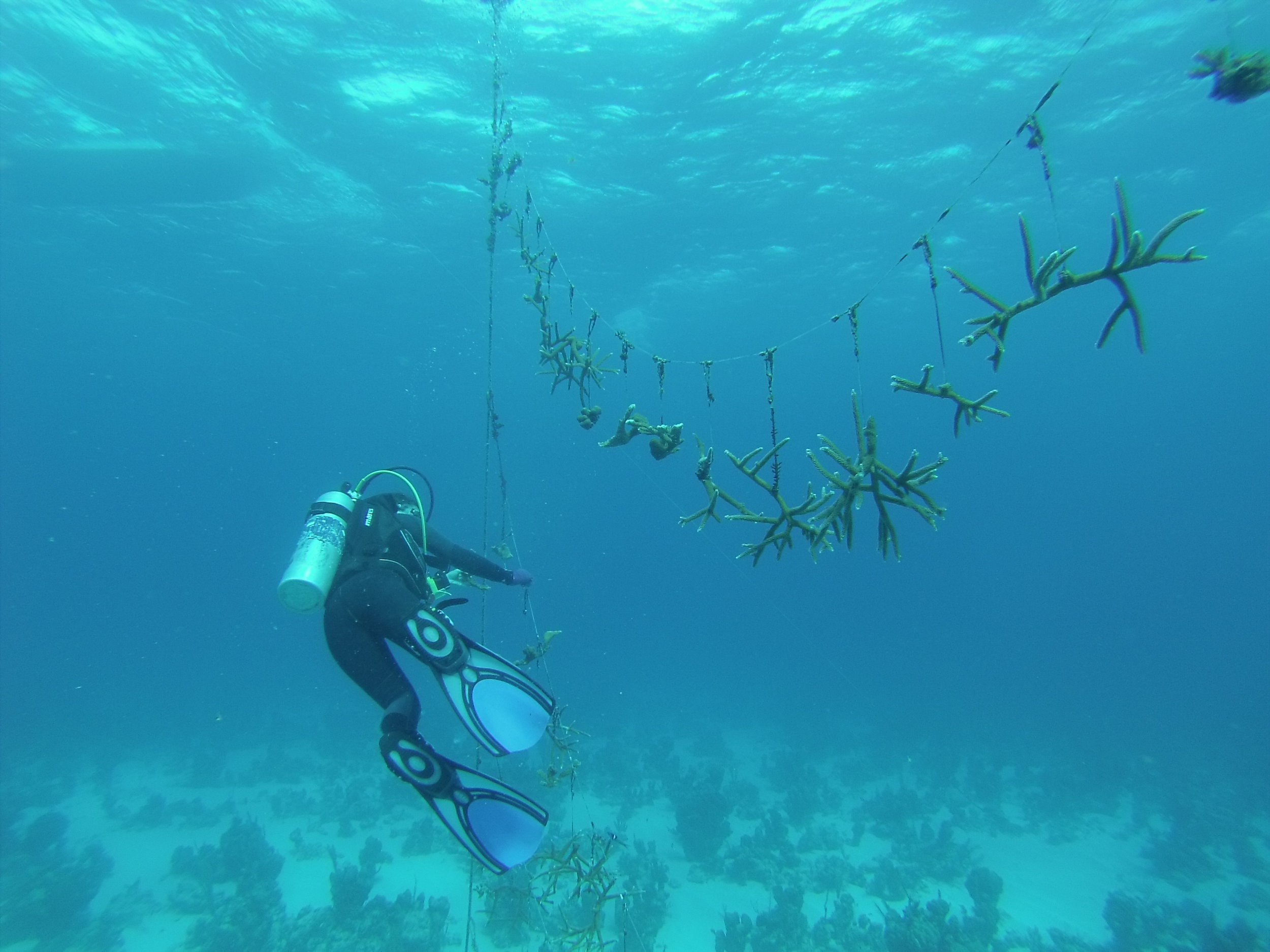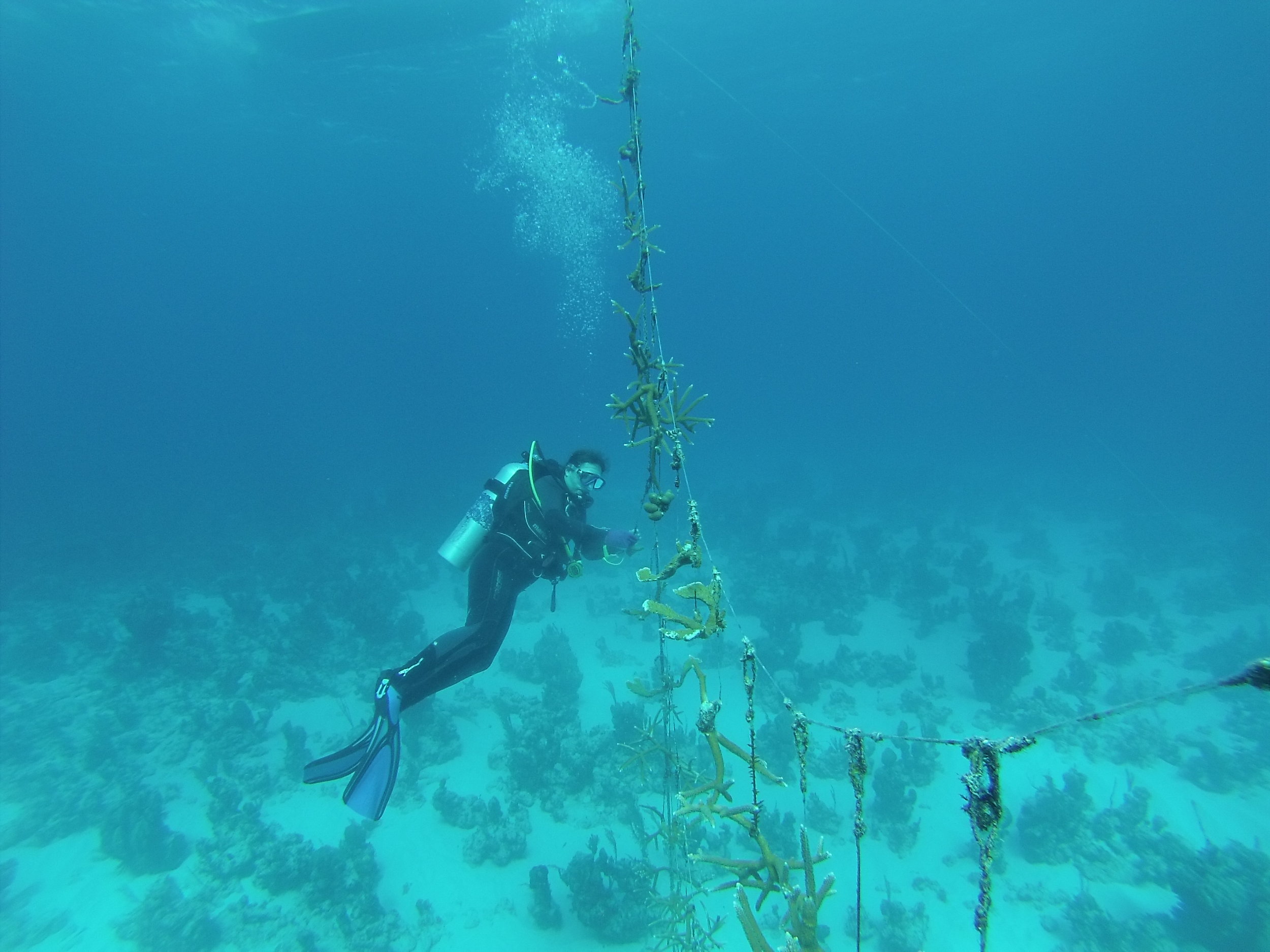Where are they now? A Spotlight on our Previous Interns - Carolyn Belak!
/In this week's spotlight, we are catching up with the incredible Carolyn Belak!
Carolyn lived and worked on Forfar Field Station from April 2014 to January 2016. During her time on Andros Island, Carolyn found her true passion - marine invertebrates! She expressed the importance of field studies for students, saying "My time with students from the middle of the country also taught me the power of experiential learning, something that I'd like to incorporate in any job in the future."
Currently, Carolyn is pursuing her Master's degree at Humboldt State University in Arcata, California. Check out her published paper on a queen conch, Lobatus gigas, population in a marine protected area here!
Before returning to school, Carolyn worked for the California Department of Fish and Wildlife, and also as a dive instructor at a shop in the Bay Area. She has had the opportunity to volunteer on a number of research trips, studying Nassau grouper and queen conch in the Bahamas, as well as plankton distributions off the coast of California.
Diving is Carolyn's passion! She told us, "I've been lucky enough to have traveled back to the Bahamas for conch work (warm water!) but have loved traversing through the kelp forests in Monterey, San Diego, and the San Juan islands. I also like to explore the local redwoods and other hikes too!"
As she reflected warmly on her time at Forfar, ("Everyday was an adventure!") we can't thank Carolyn enough for her passion and positivity during her Forfar days, and we wish her the best of luck pursuing her degree and living the adventures of life to the fullest! Cheers, Carolyn!
